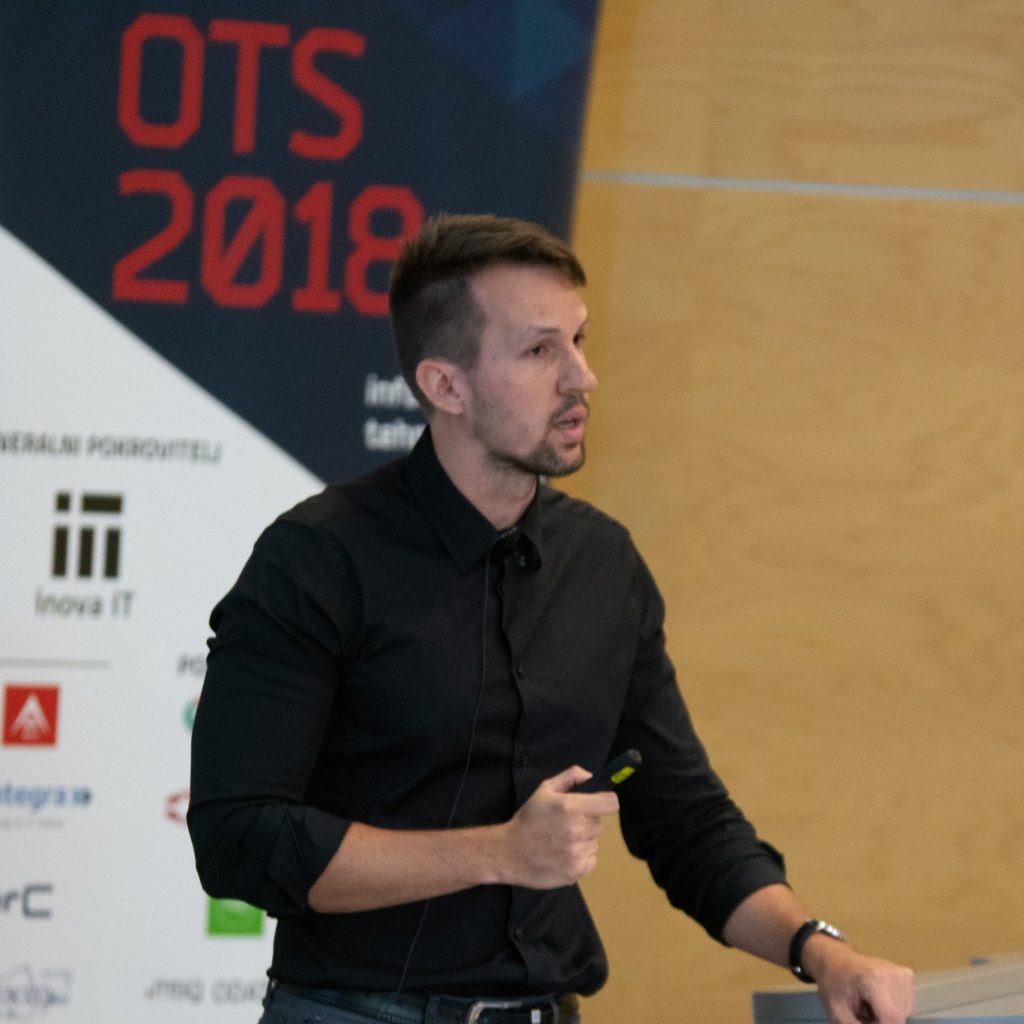Sašo Karakatič, University of Maribor

Sašo Karakatič is an Associate Professor of Computer Science and a researcher in the field of Artificial Intelligence. His research interests include machine learning, data mining, deep learning, and evolutionary algorithms, with a particular focus on the fairness of machine learning. He works to implement and evaluate methods to reduce bias in machine learning models and make them fairer for all groups of individuals. He has participated in several international (Horizon, Erasmus+, NATO) and national (ARRS) research and industrial projects, where he has applied his expertise to a wide range of areas, including finance, healthcare, education, and transportation. He has also published extensively in leading academic journals and presented his work at numerous international conferences. He is an active member of IEEE and the ethical AI board of the Slovenian Digital Innovation Hub.
Fair artificial intelligence
In the current state of the world, where artificial intelligence (AI) is getting included in every aspect of our everyday life, the realm of AI fairness raises crucial concerns. This includes understanding how AI can make unfair decisions, often influenced by underlying biases in the data, algorithms potentially perpetuating societal disparities or imperfect decision-making models. These unjust AI decisions can seep into our everyday lives, impacting sectors ranging from financial services and healthcare to recruitment and law enforcement. As we move into the future, the issue of AI fairness is gaining increased significance, especially with the finalisation of an EU AI Act similar to the GDPR. This impending legislation highlights the necessity to proactively address and mitigate unfair AI decisions to avoid legal implications. Tackling unfair AI decisions often involves applying technical approaches, where technical experts and researchers (such as the speaker) in the field actively study and develop strategies to navigate these challenges and work towards a fairer and more equitable AI eco
